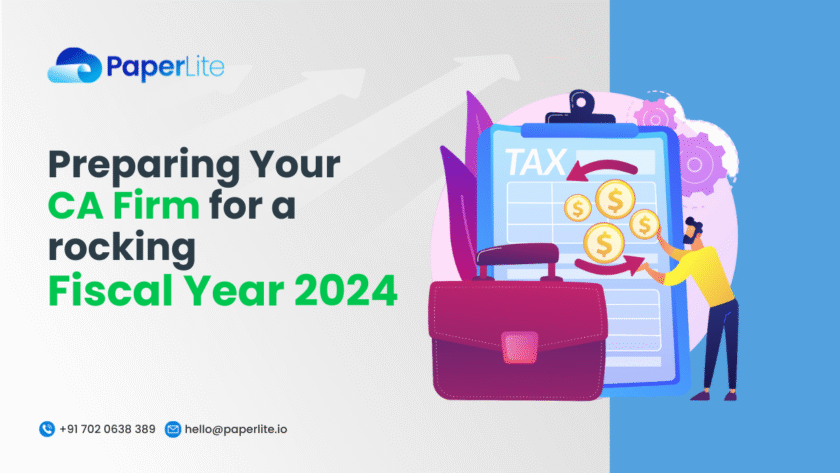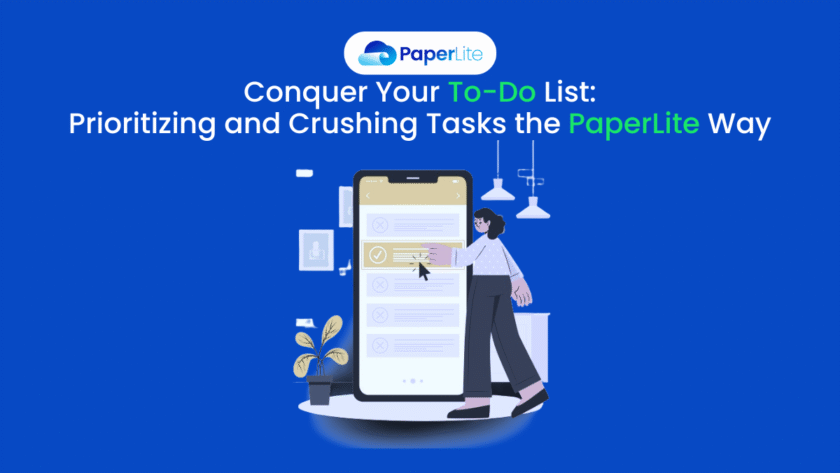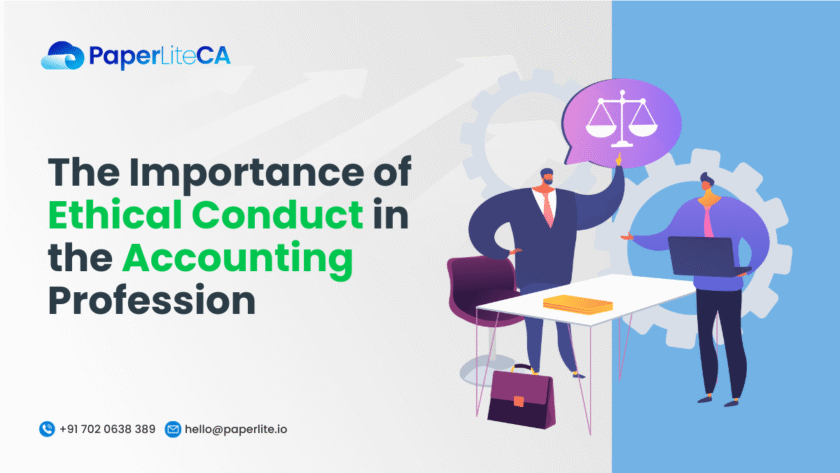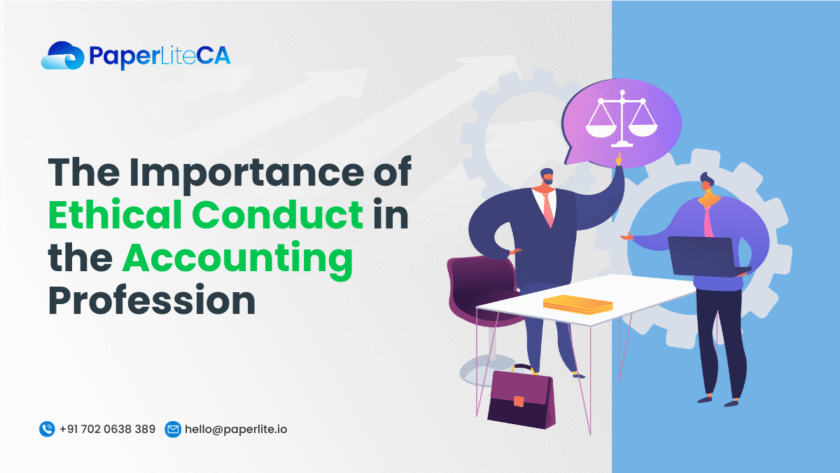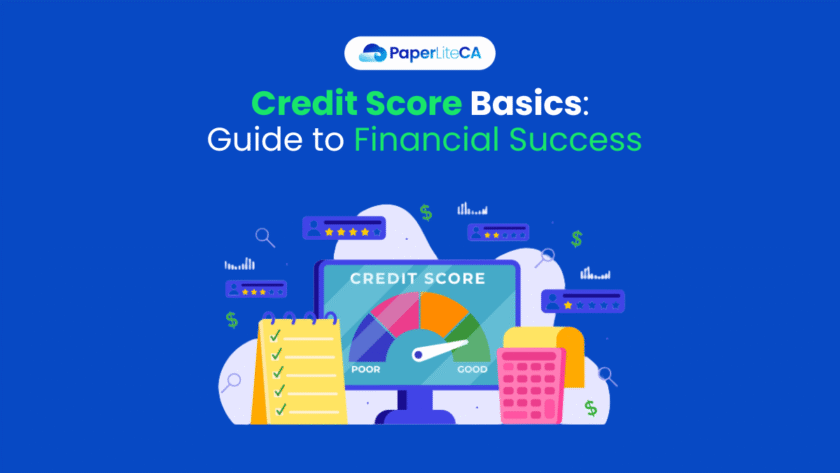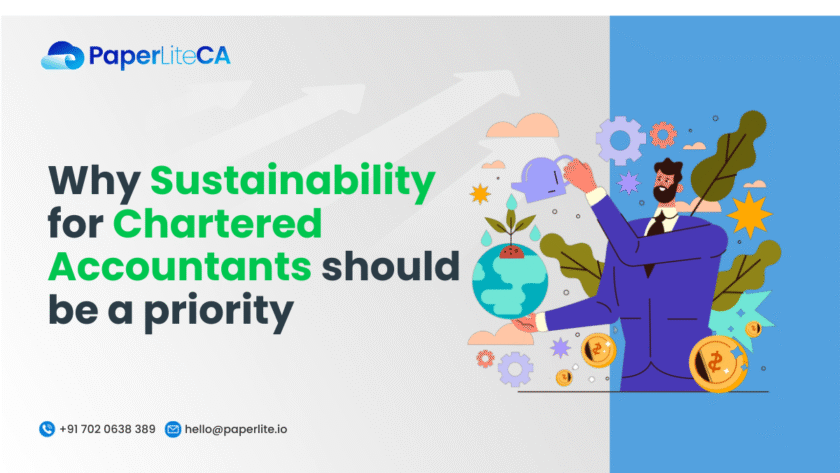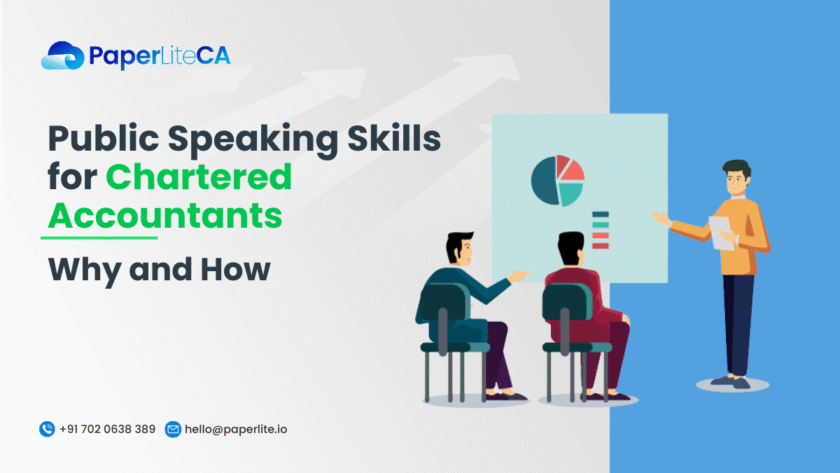The confetti has barely settled from New Year's Eve, and already, a familiar excitement hums in the air – the thrilling anticipation of a brand new fiscal year.
For CA firms, it's more than just turning the calendar page; it's a chance to hit the refresh button, sharpen the saw, and prepare for a year…
